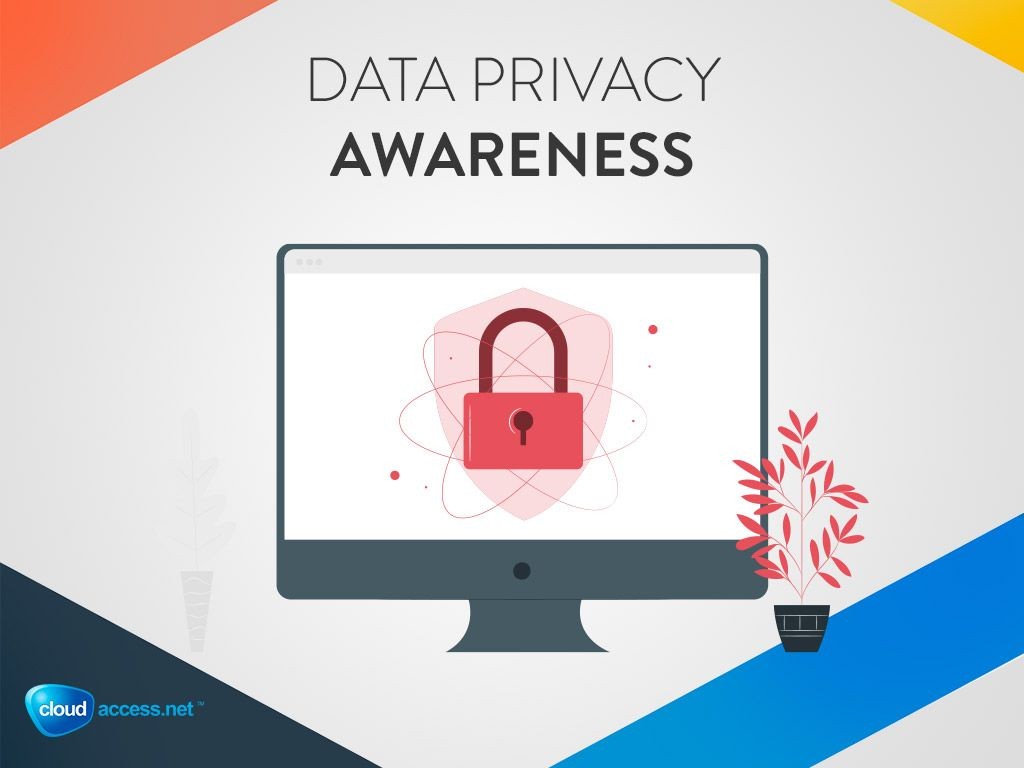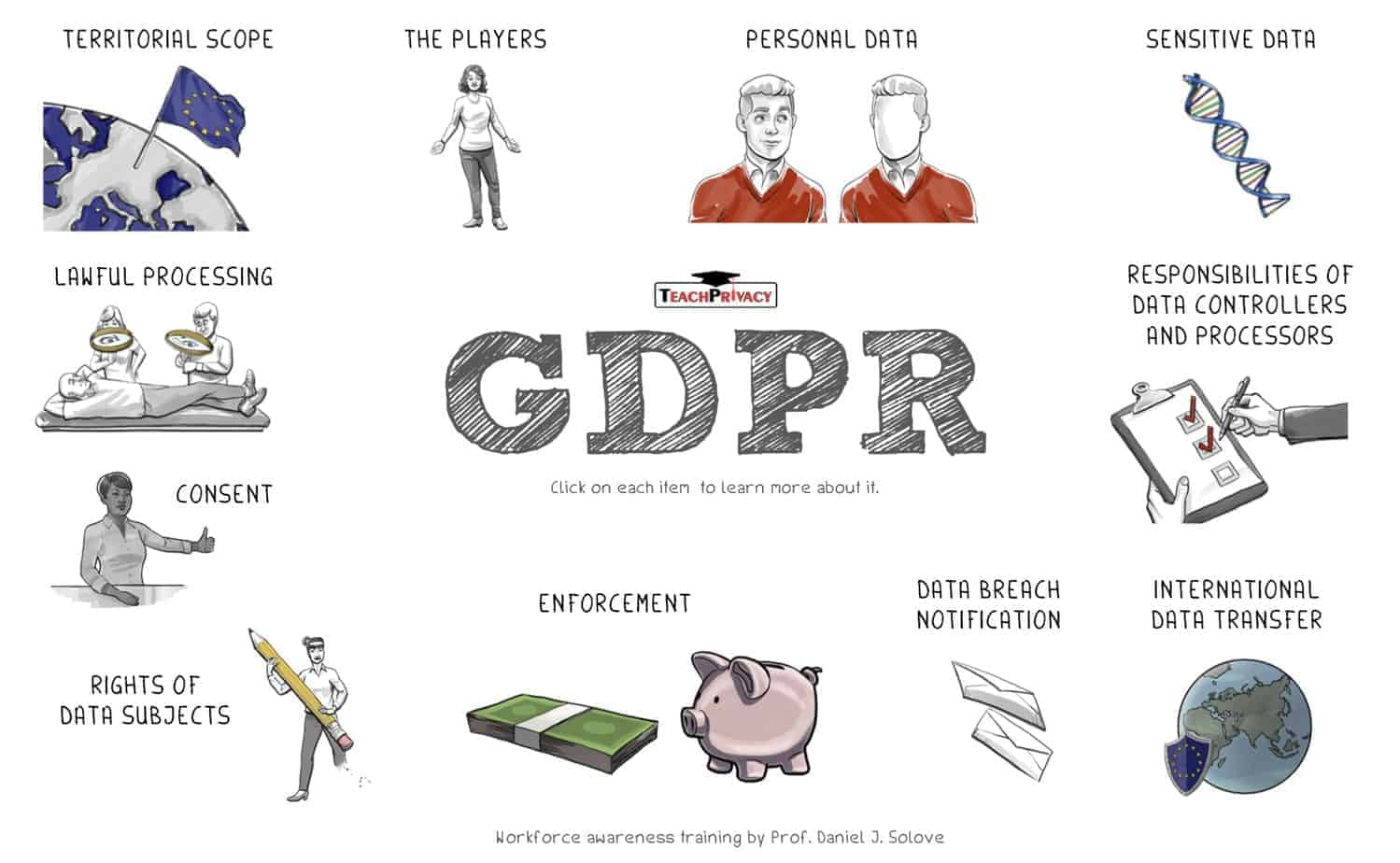
Navigating Privacy in the Digital Age: How Companies Handle Your Data
In today’s digital landscape, companies face immense scrutiny regarding user privacy and data security. This article explores how tech giants like Microsoft implement measures to safeguard your privacy while enhancing service personalization through data collection. Understanding these processes can empower consumers to make informed choices about their online interactions.
The Importance of Privacy Protection
As online services proliferate, protecting user privacy has never been more critical. Companies use cookies to store information, which not only helps maintain service efficiency but also enables personalized content delivery. Microsoft, along with its partners, leverages these cookies to manage unique user IDs and improve advertisement relevance. The intent is to align displayed content with user interests while simultaneously respecting individual privacy preferences.
“Consumer trust starts with transparency. Users should be empowered to control their data.”
The target behind these data collection practices is to enhance user experience by personalizing what users see on platforms like Bing and MSN, creating a more engaging interface that resonates with individual preferences.
 Understanding the complexities of data privacy can help consumers navigate their online presence.
Understanding the complexities of data privacy can help consumers navigate their online presence.
Cookies and User Consent
When a user interacts with online content, the repercussions of cookie consent cannot be overstated. By choosing “I agree,” users permit a range of functionalities including targeted advertising. However, for those who wish to retrieve their autonomy, options exist to manage settings and reject certain uses of their data. This balances convenience and control, a pivotal discussion point in modern digital interactions.
Transitioning through the myriad of options provided on platforms for managing settings allows users to retain a degree of control over their personal information. This reflects a growing trend among tech giants to prioritize user agency in data management.
Third-Party Cookies and Analyses
Most websites today utilize third-party cookies that provide valuable insights into visitor behaviors, contributing to ongoing site improvements. Microsoft’s deployment of these analysis cookies helps refine platforms based on user interactions, demonstrating a commitment to enhance the user journey on its sites.
However, the dilemma remains: can one strike a balance between effective advertising and the sanctity of user data? The evolving landscape calls for a critical examination of how companies harness user data while preserving the essence of individual privacy.
 Modern technology requires a responsible approach to user data handling.
Modern technology requires a responsible approach to user data handling.
Social Media Integration
Moreover, the integration of social media services into websites allows users to connect and share content seamlessly. These social media cookies present yet another layer of complexity in the discourse around data privacy. They facilitate interactivity, making it easy for users to engage with content but can also lead to excessive data collection, raising ethical questions about user consent.
Connective threads between platforms enable sharing capabilities that enrich user experience. Still, users should remain vigilant regarding the extent of their data shared across networks, demanding clarity from service providers.
Final Thoughts
As users navigate through their online experiences, understanding the implications of data management practices is crucial. While companies focus on enhancing engagement through personalized experiences, it is equally important to prioritize and protect user privacy. Tech companies, especially those like Microsoft, must continue evolving their privacy practices in response to increased consumer awareness and regulatory changes.
In a world where digital footprints can be expansive, education and transparency are vital for maintaining trust. As a proactive consumer, stay informed and assert your options when it comes to your personal data privacy.
For more detailed inquiries about data management and privacy practices, consider reviewing the Privacy Policy and More Information sections provided by the company.
 Stay informed about your digital rights and privacy regulations.
Stay informed about your digital rights and privacy regulations.














